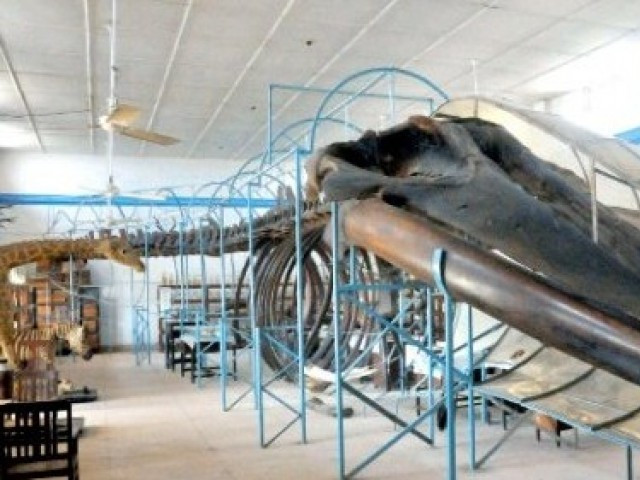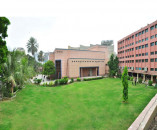Archaeology and museums department: Sindh doesn’t have money to pay workers of devolved sites
Auditor-General of Pakistan, Revenue, refuses to release funds.

Archaeology and museums department: Sindh doesn’t have money to pay workers of devolved sites
According to the amendment, powers of most federal ministries, departments and institutions must be transferred to the provinces.
Despite the transfer, the employees of the archaeological sites – including the National Museum of Pakistan, the Quaid-i-Azam House Museum (Flagstaff House), Quaid-i-Azam’s birthplace Wazir Mansion and exploration branches that initiate the excavation of historical places – have not being paid since March.
The office of the Auditor-General of Pakistan, Revenue, (AGPR), has in a letter refused to release the funds, saying the payment of salaries is the responsibility of the provincial government after the devolution.
An employee of the exploration branch said that as soon as the devolution orders were passed on April 5, they had reported to the Sindh culture department secretary. They still have not been paid for the month of March. “We have also reminded the department many times about our salaries but the provincial government has not given us a proper response yet,” he said.
“How can we work without salaries? How will we survive? And all the employees are confused why they have been asked to work on a deputation basis,” a senior official at the National Museum told The Express Tribune.
The federal government handed the sites over to the provincial government, but it seems like they are not willing to accept them, he said.
Around 100 employees are working at the National Museum, 35 at the exploration branch and 40 at Quaid-i-Azam Muhammad Ali Jinnah’s birthplace.
Some employees threatened to go to court if they were not paid soon.
The culture minister and secretary were not available for comment, but the Culture Director-General Ramzan Awan told The Express Tribune that the funds had been released and salaries would be paid soon. “The Sindh government has made it clear that it cannot afford to pay salaries to employees of the devolved departments, therefore the federal government has been asked to bear all the expenses until next year’s National Finance Commission Award.” When asked about the employees’ deputation basis, he said, “I don’t have any idea about this.”
Awan said that around 130 archaeological sites including Mohen jo Daro and its central library, the Makli necropolis, Rani Kot, Umerkot, Bhambhore Museum near Thatta and Kot Diji Khairpur are now Sindh’s responsibility.
The state of museums
Most archaeological sites and museums in Sindh have been neglected for many years.
No project or work has been initiated to preserve the monuments and artefacts.
“We don’t know much about some relics in the museums as no research has been conducted so far,” said a National Museum official.
Meanwhile director-general Awan assured, “We have sent a summary to the chief minister to grant us Rs500 million for the preservation of archaeological sties. I hope the scheme will be included in the upcoming Annual Development Plan.”
Published in The Express Tribune, May 3rd, 2011.



















COMMENTS
Comments are moderated and generally will be posted if they are on-topic and not abusive.
For more information, please see our Comments FAQ